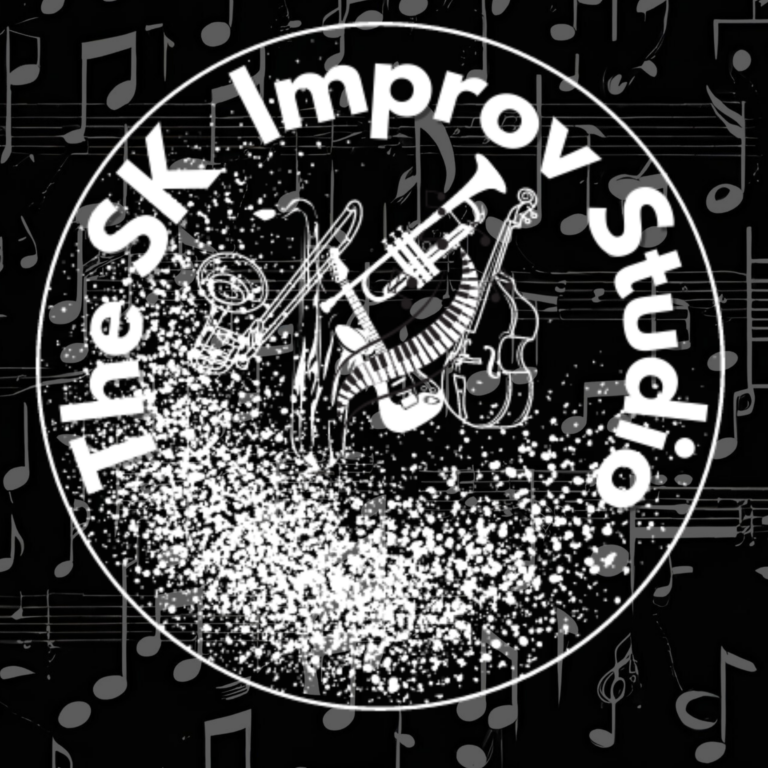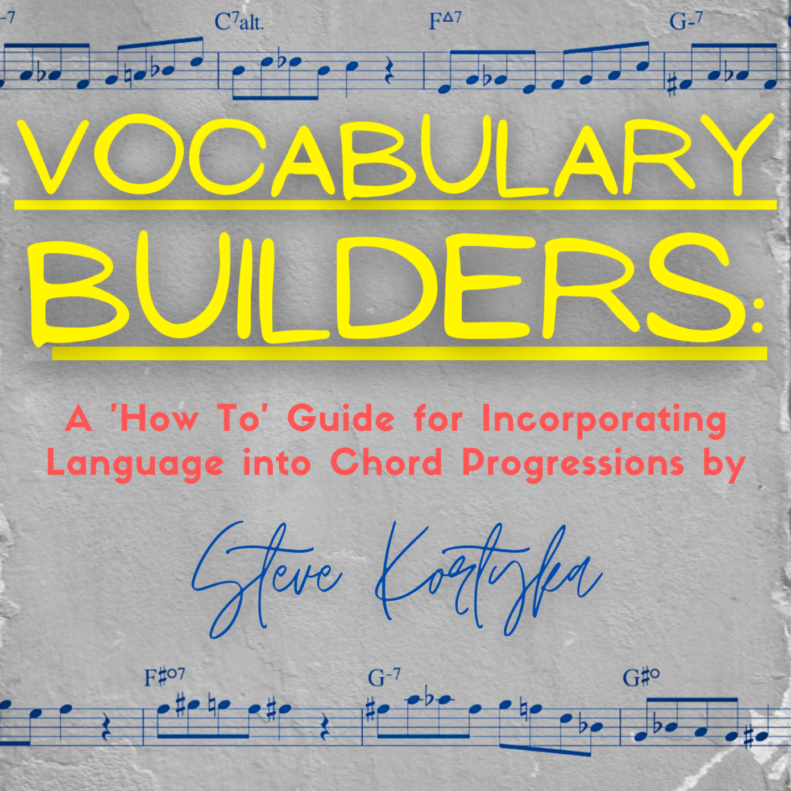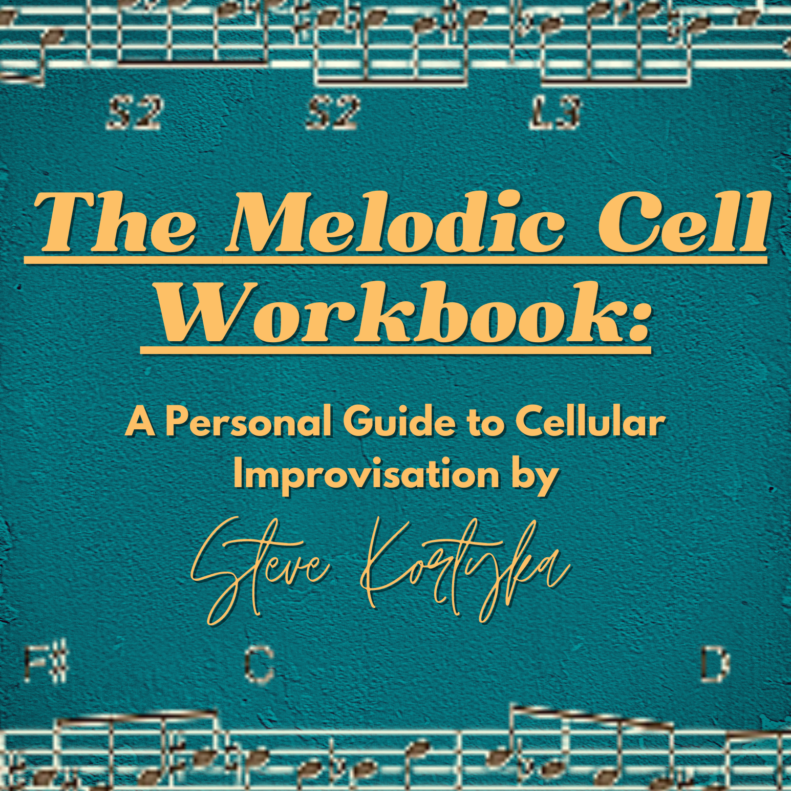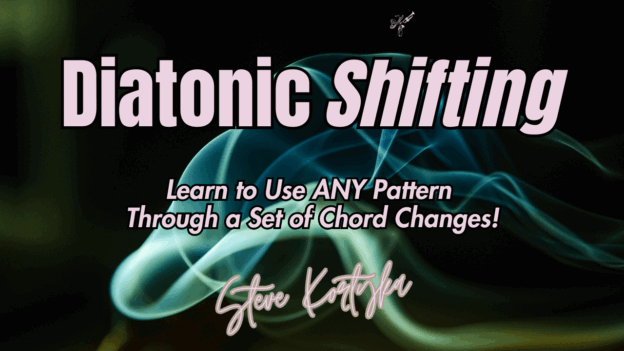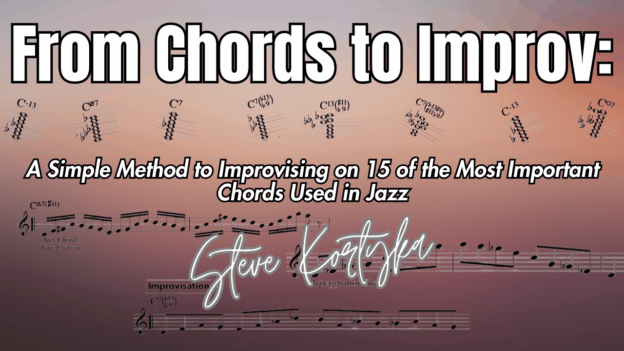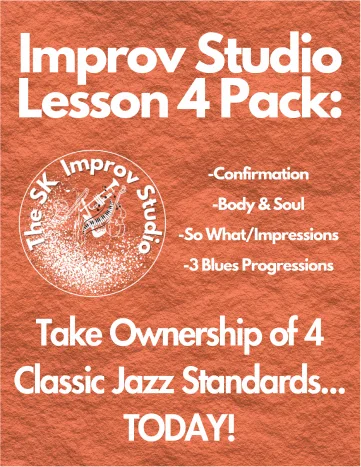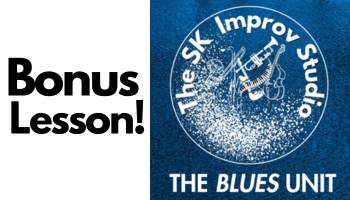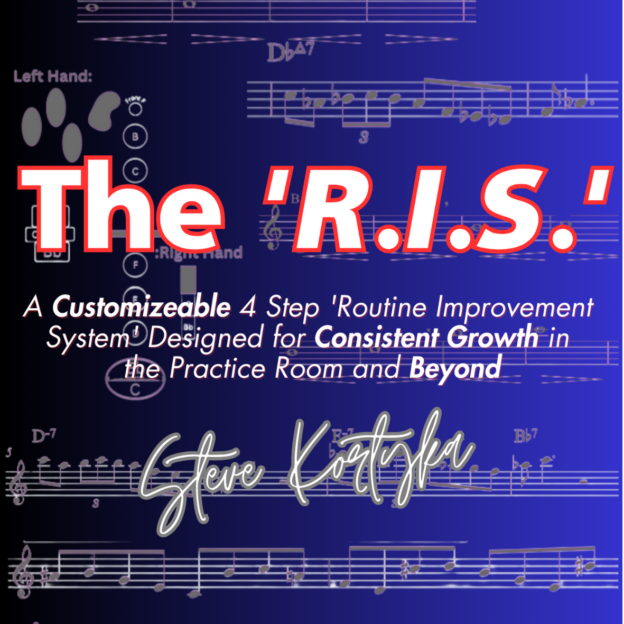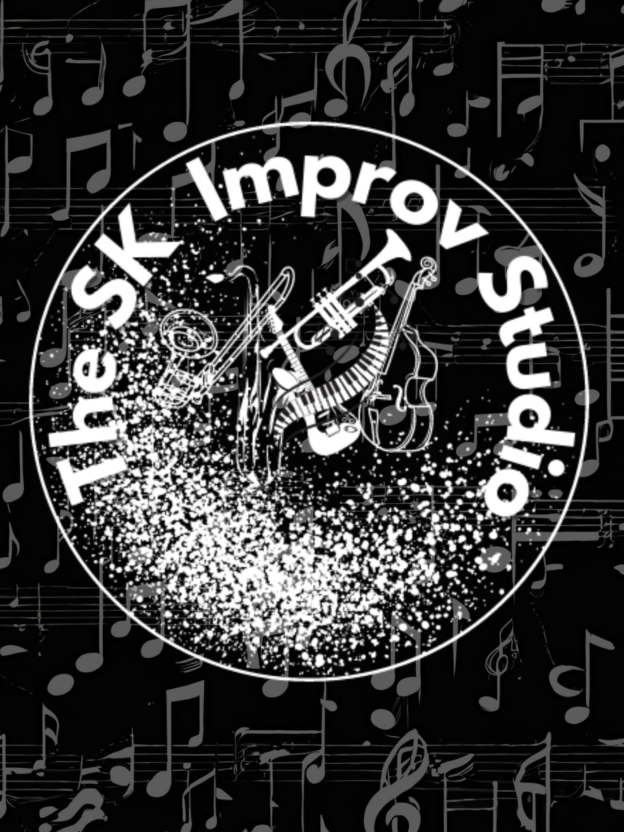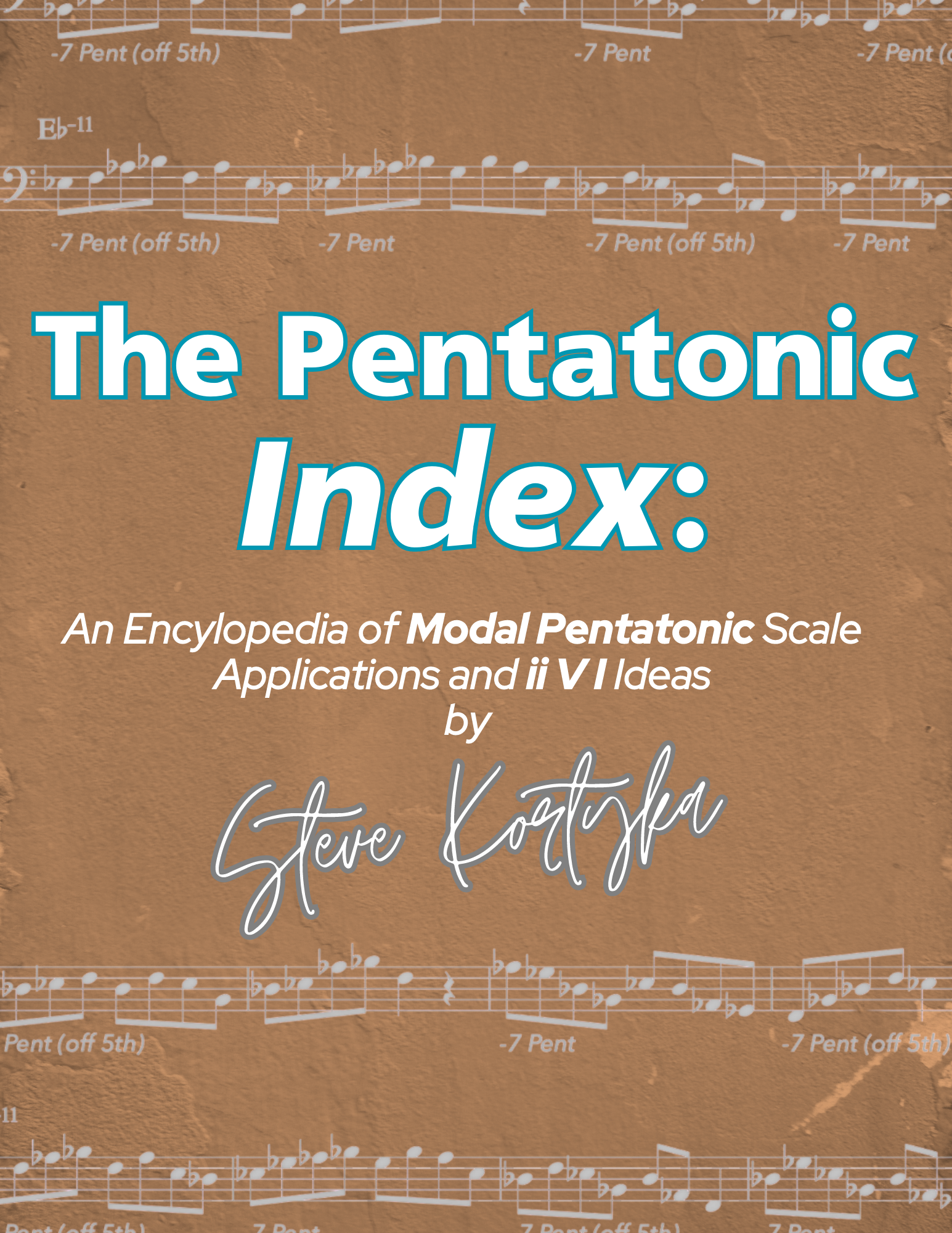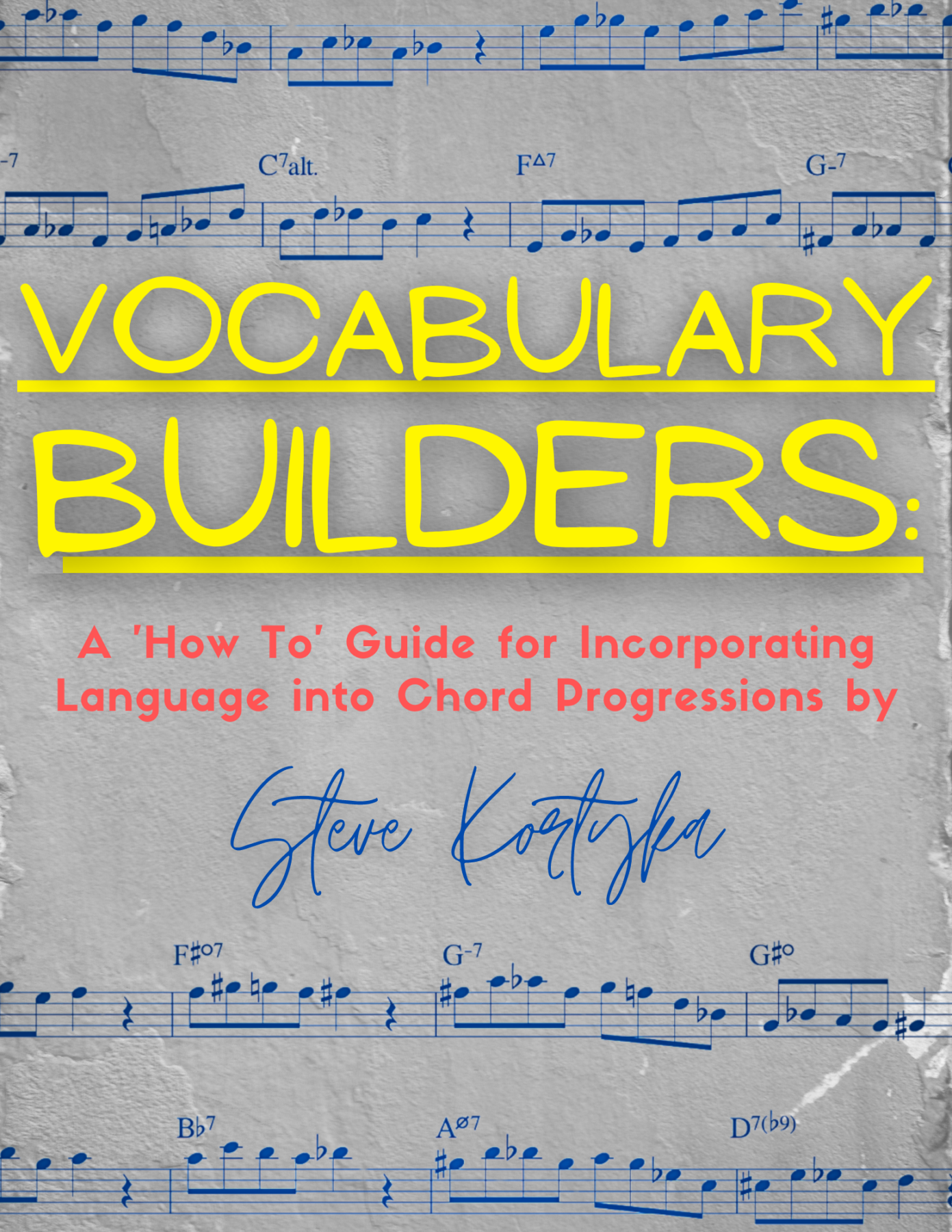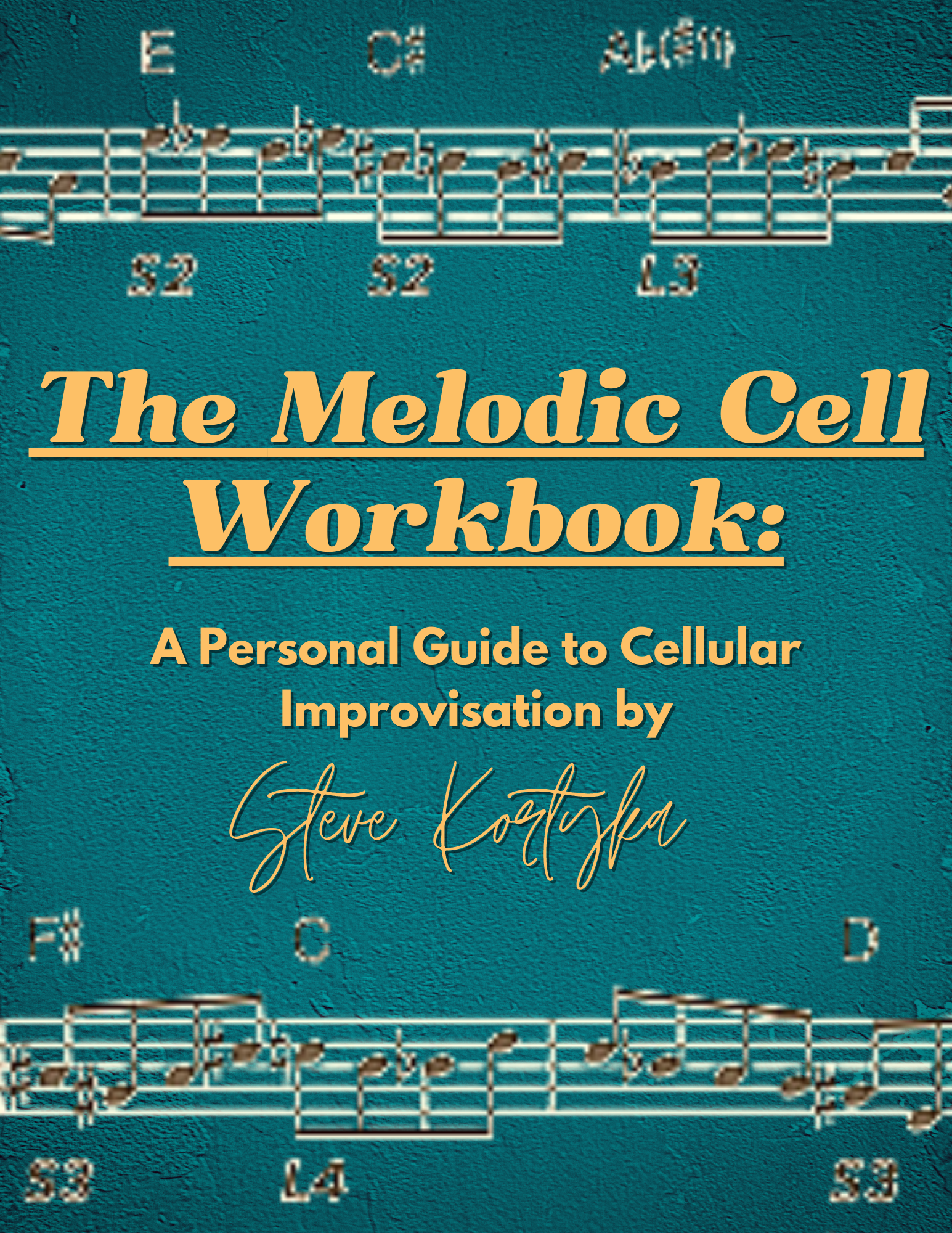
Meet your instructor
Steve, a renowned Jazz and Improvised music artist, started as a classical player and learned chords and music theory at 18. Passionate about teaching clear fundamentals for aspiring improvisers, he offers diverse and enjoyable ways to practice and learn in this dynamic environment. Elevate your improvisation journey with us!
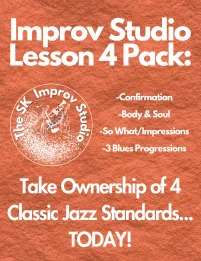
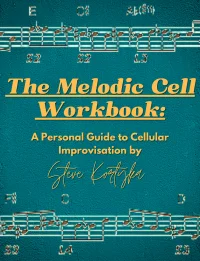
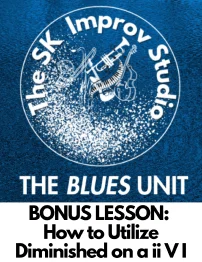
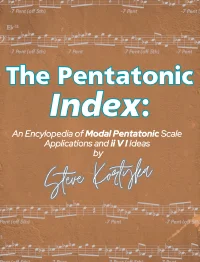
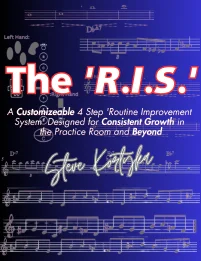
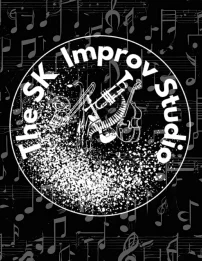
Featured Course
Founder of the SK Improv Studio
Steve Kortyka
As an internationally celebrated performer who has toured the world playing primarily Jazz and Improvised music, Steve brings a unique perspective to the table: He started out as a classical player and didn’t start learning chords or music theory until the age of 18 years old.
Developing a true passion for the art of improvisation has led to a strong dedication to teach using the clear fundamentals that help aspiring improvising musicians to articulate the jazz language clearly.
Because of its unlimited potential, there is a variety of fun ways to practice and learn improvisation which is what this environment is all about. Are you ready to take your journey of becoming an improviser to the next level? You’ve come to the right place!

All Courses
Online Courses for Everyone
Diatonic Shifting
Understanding how to navigate diatonic harmony is essential for building strong, melodic improvisations. This course lays out a practical framework for internalizing the most common chord progressions found in jazz standards. Through clear examples and guided exercises, you'll learn how to create fluid, musical lines using only the notes already in the key. If you’re looking to strengthen your fundamentals and develop a more intuitive approach to improvising over changes, this is the course for you!
From Chords to Improv
Having a formula for approaching different chord qualities can help you to quickly incorporate and internalize new language over these sounds. Compiled here is an introductory sequence that can work wonders for deciphering all types of different chord qualities and cover a majority of the chords that you will encounter in Jazz Improvisation. If you are looking to get a leg up on how great improvisers think about chords, this is the course for you!
SK Improv Studio 4-Pack
This is a learning experience that is focused on the art of learning and mastering a chord progression. This is perfect for students who do not need private instruction but prefer to have the information there to learn at their own pace. The following is a breakdown of 5 different approaches for these 4 songs: Confirmation: Mastering a Chord Progression Body + Soul: Ballad Playing 3 Types of Blues Progressions: Studying Harmonic Substitutions So What/Impressions: (Modal Improvisation) For students looking for individual feedback and livestream instruction, Enrolling in the SK Improvisation Studio is the way to go 🚀
Bonus Lesson! Utilizing the Diminished Scale on the Blues Progression 🚀🎶
Welcome to a FREE Bonus Topic that is a part of the SK Improvisation Studio. This lesson will contain information on how…
The Routine Improvement System (Video Course)
As a regular practitioner of improvised music, I honed this process to be adaptable so that it can be completed in a relatively short period of time but leave you feeling accomplished when you complete any variation of its 4 simple elements. I truly feel that implementation of this system has led me to continual growth in the practice room. I believe that anybody that studies this method will find that it can be tailored to meet your unique needs as a musician, one day at a time.
The SK Improv Studio
The SK Improvisation Studio is a community of musicians dedicated to improving their facility at improvised music. With monthly assignments utilizing PDFs, Practice Tracks and Backing tracks that focus on technical exercises this studio is designed to produce real and trackable results. Monthly LIVE will also take place with your instructor and professional practitioner of live music for over 20 years, Steve Kortyka.
The Pentatonic Index (Video Course)
This course builds the awareness of different key pentatonics that make the foundation for solid improvisation. Learning these pentatonics first through modal applications leads to understanding of their use in tonal harmony and ii V I situations. With 15 lesson videos that include concept explanations and demonstrations, this course is of equal or greater value to multiple weeks of study with a master improviser 🎶🚀
Vocabulary Building Exercises (Video Course)
This course focuses on implementing key pieces of vocabulary into a chord progression. This skill set is one that I use in every improvised solo and has the ability to unlock great potential over any given chord progression. A consistent study of this method will transform your improvisations by giving you the ability to navigate improvisations with minimal material in a very creative way.
The Melodic Cell Workbook (Video Course)
This course teaches a player how to utilize melodic cells in a systematic way. This is the method I have used over the years to thoroughly learn material and have applied it to the concept of improvising with melodic cells. The content here is equivalent to multiple months of study with a master improviser and will take multiple sessions to complete. Within a few practice sessions with this material, your mind will be opened to a wide variety of possibilities that exist within the melodic cell framework.
